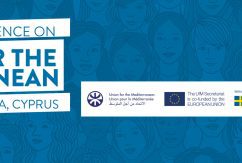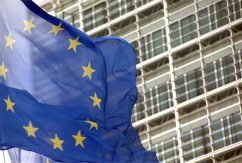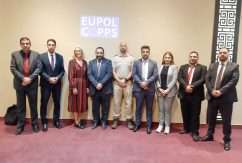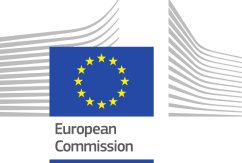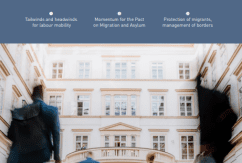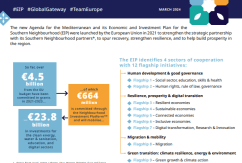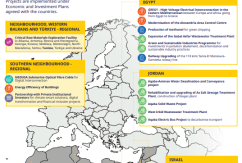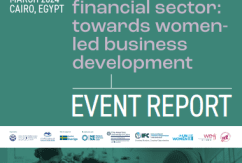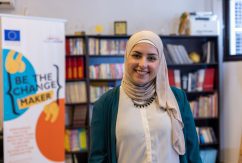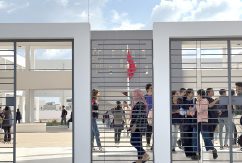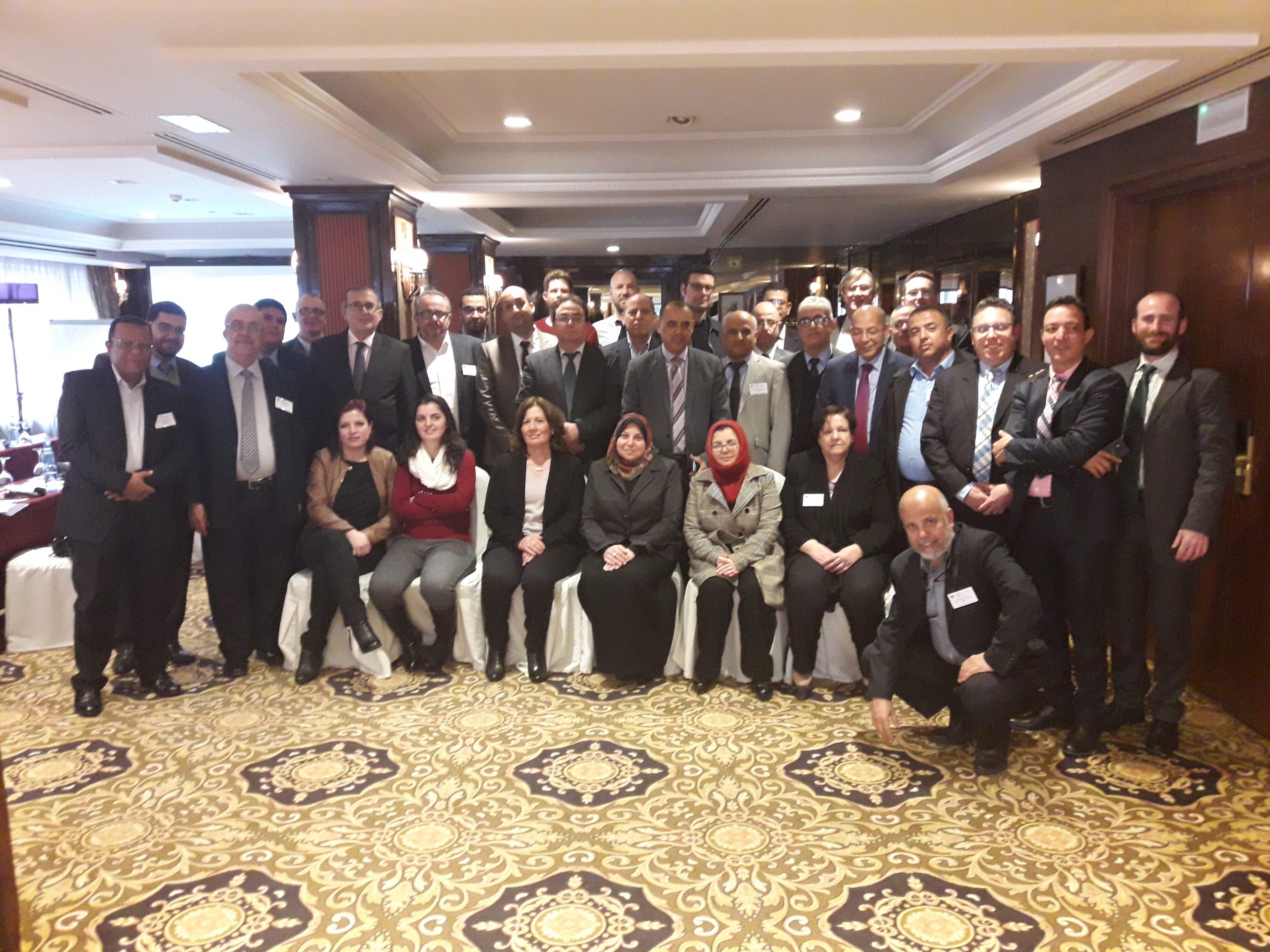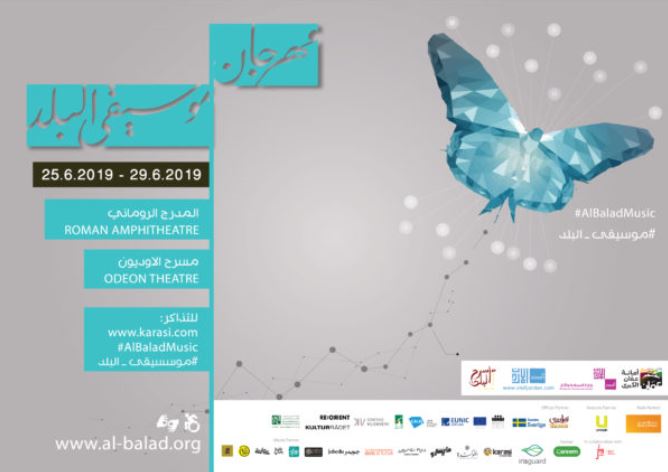Fourth UfM women’s empowerment conference reaffirms key role of women in building inclusive societies and unlocking Mediterranean’s potential
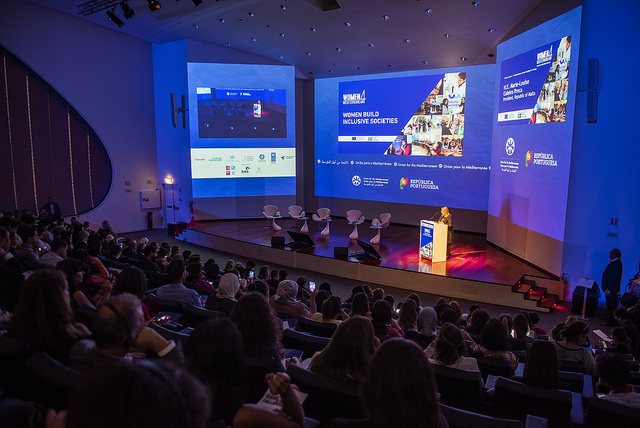

The UfM Secretariat held its fourth high-level conference on women’s empowerment entitled, ‘Women build inclusive societies in the Mediterranean’ on 10-11 October in Lisbon. This edition brought together some of the most active voices on gender equality in the region, involving 300 participants from over 30 countries.
Participants discussed the role of men, the private sector and the media to shift stereotypes and social barriers. They explored ways to combat gender-based violence, means to empower women in rural and agricultural areas, the role of women in science, technology and innovation, and measures to invest in reproductive health.
A series of side events featured human-interest stories from UfM-labelled regional projects, a regional forum of women entrepreneurs and policy dialogue sessions with UfM country representatives and parliamentarians.
The event provided the opportunity to take stock of the progress made by the UfM Member States a year after the adoption of an ambitious ministerial declaration to promote gender equality in all spheres of society. It witnessed the presentation of a regional campaign that will be launched in the coming months to prevent and combat violence against women and girls in Southern Mediterranean countries. UfM country representatives and experts from the region also agreed on a regional follow-up mechanism with indicators to monitor progress on women’s rights, evaluate the gender gap and provide recommendations to policymakers and stakeholders in order to increase the impact.
The conference was also an occasion to share news on the recently-labelled project ‘Enhancing the civic and social engagement of women and youth in order to prevent violence and extremism‘. Endorsed only days ago by the UfM Member States, this four-year project seeks to support, with a budget of €2.6 million, the active engagement of young women and men in their local communities to prevent violence and extremism. Involving 5,000 direct beneficiaries and 20,000 community members, the project is to be implemented in Morocco and Tunisia in a first phase.
Read more
